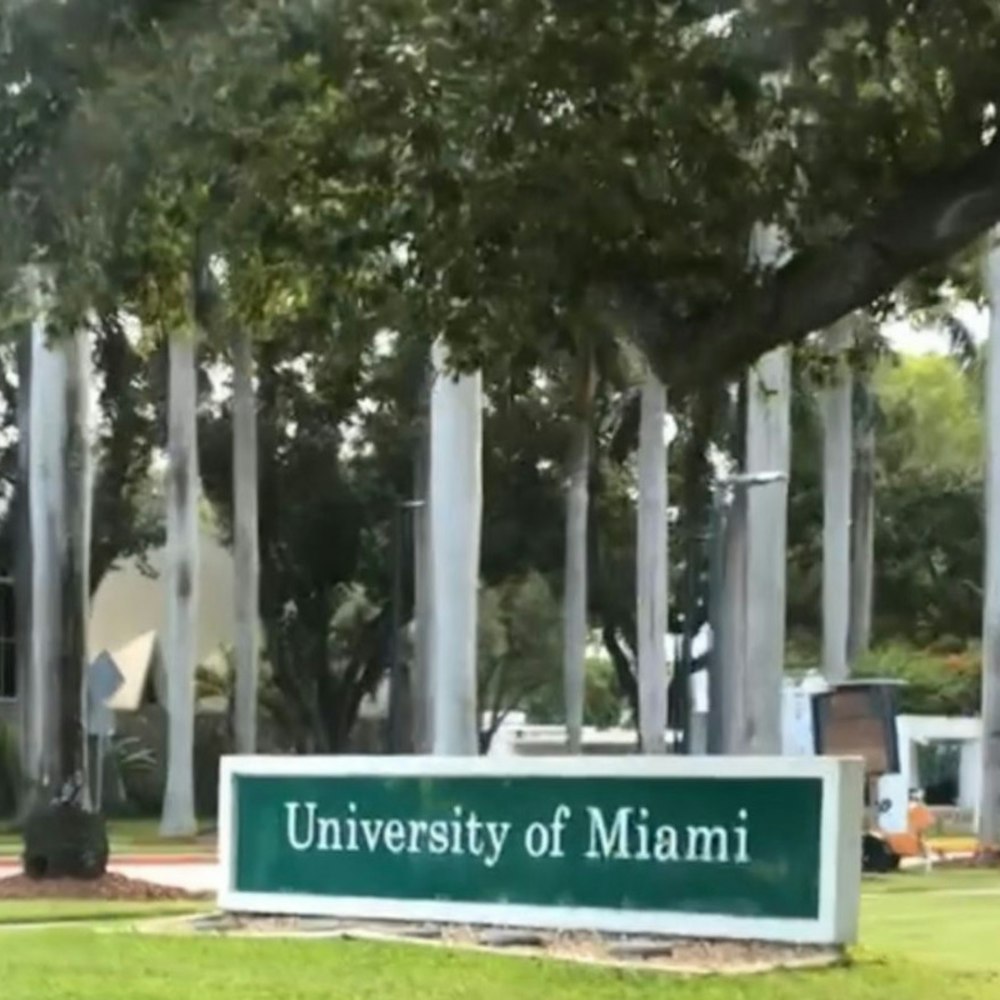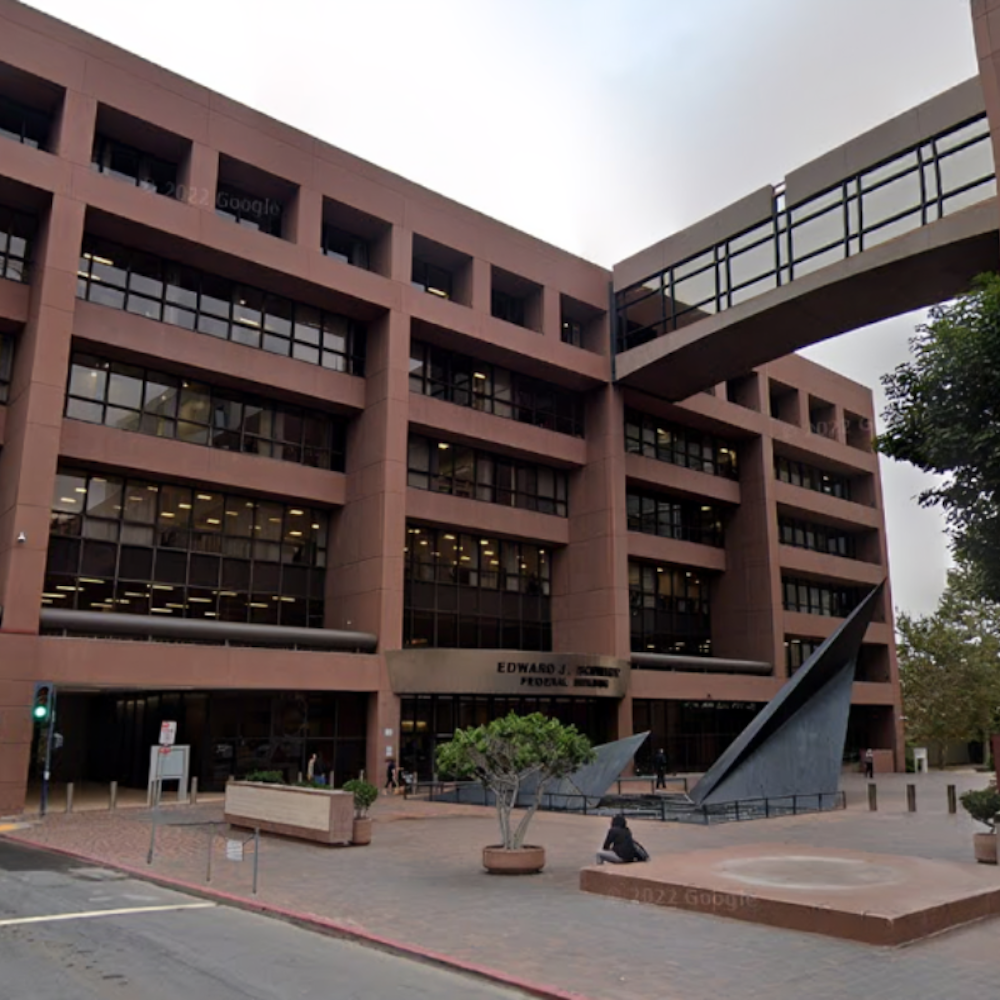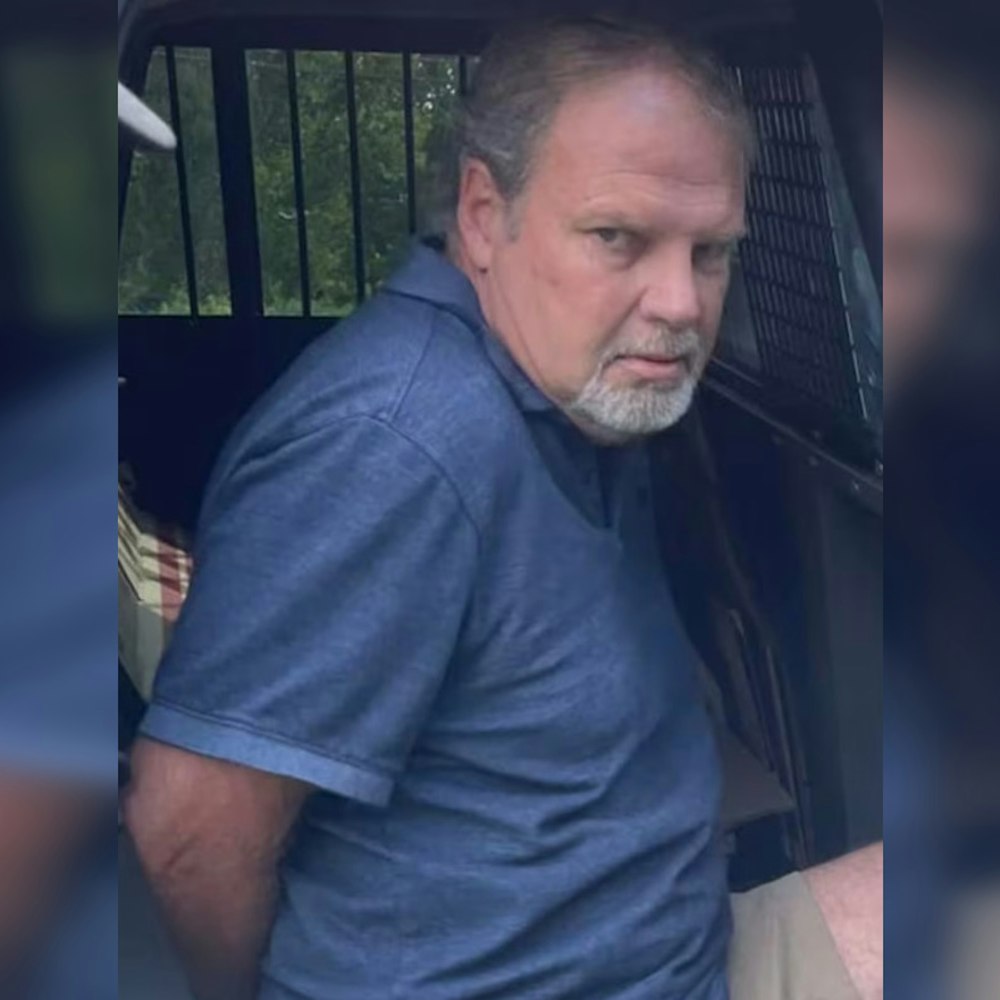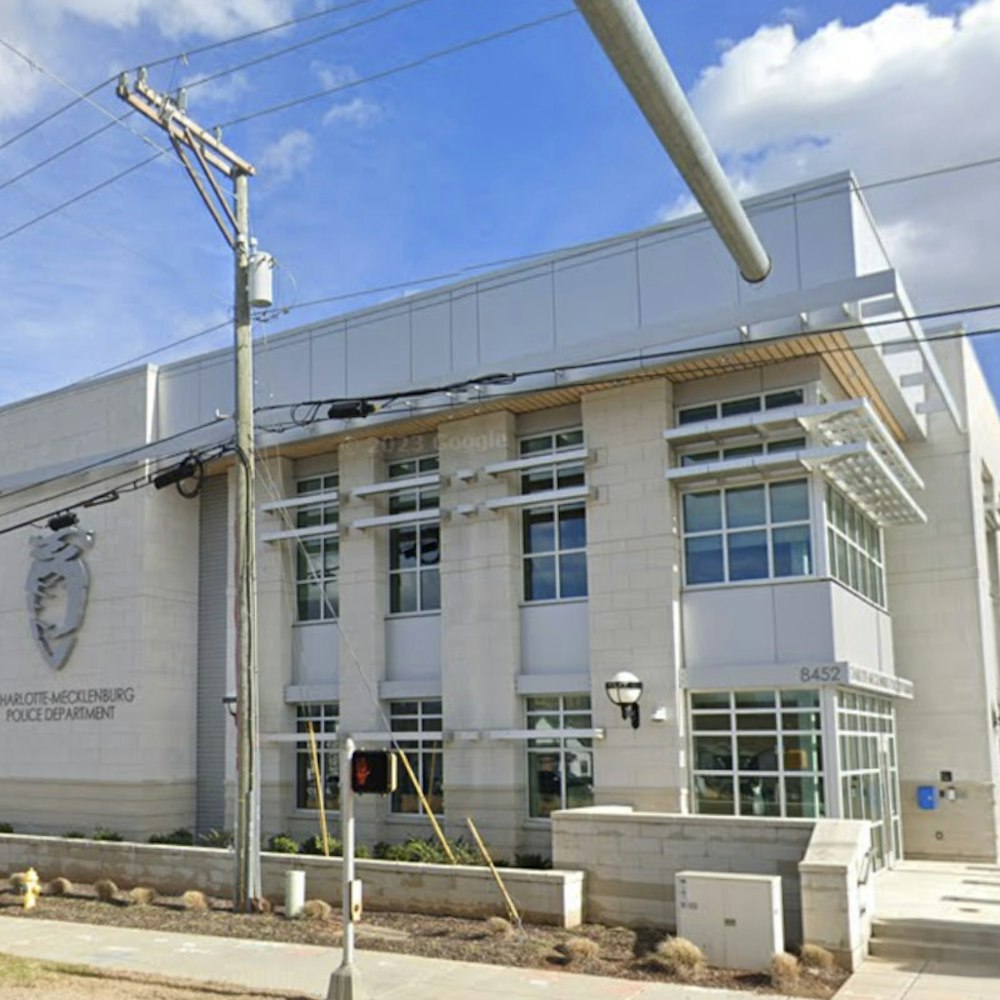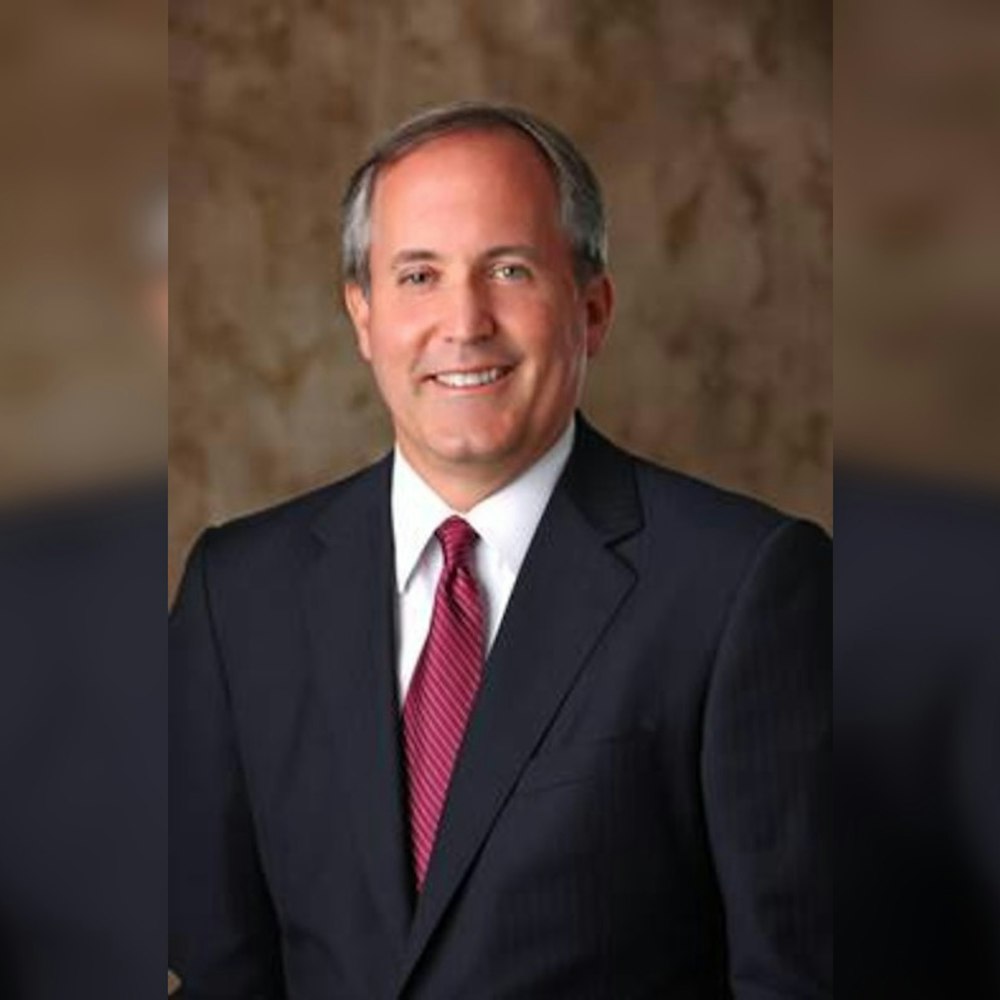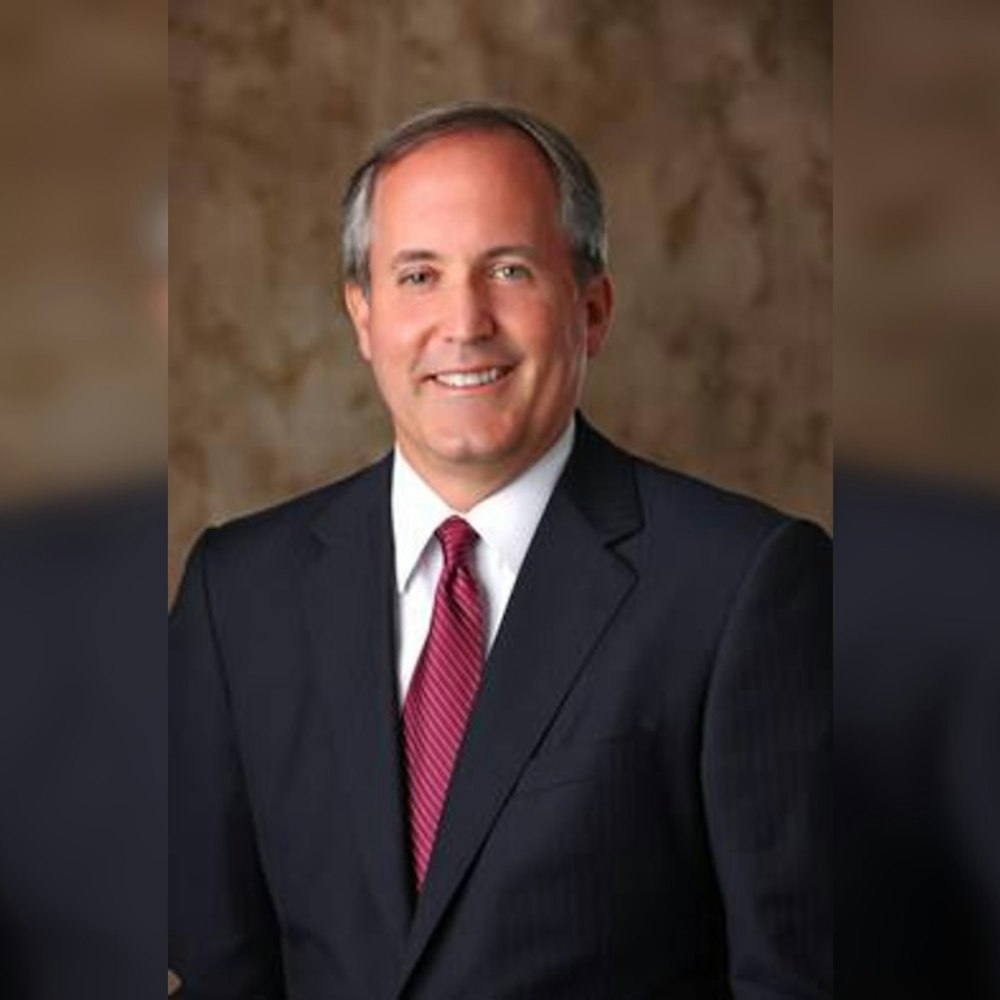-1.webp?max-h=442&w=760&fit=crop&crop=faces,center)
Questions are mounting among Houston residents, particularly in some of the city's most chronically flood-prone neighborhoods, about the whereabouts of a substantial sum earmarked for critical drainage improvements. According to the Houston Chronicle, officials pledged $20 million for drainage projects in the previous year's budget—a promise which now hangs in an ambiguous fog. Despite the Houston City Council’s recent move to inject another $8 million into the Local Drainage Projects program, the sense of mistrust looms, as residents and council members alike demand accountability for the unlocated funds.
Fred Woods, a community leader of Northwood Manor, shared with the Chronicle, “It is a drop in the bucket relative to the $20 million approved last year, which ultimately went unaccounted for.” Similarly, Councilmember Edward Pollard expressed frustration over the missing funds asserting, “This money should have been there but obviously it's not.” Confusion about the initial $20 million is widespread, even among city officials. Public Works spokesperson Erin Jones indicated that their department did not receive the additional $20 million promised for drainage projects, instead the allocated funds primarily covered the Roadside Ditch Re-establishment Program.
Concurrent efforts in neighboring Montgomery County paint a contrasting picture of infrastructural investment. As detailed by YourConroeNews.com, county commissioners there have allocated $20 million in federal American Rescue Plan Act funds to address their own drainage challenges. Precinct 3’s Commissioner James Noack pointed out the discrete benefits of these funds, stating, “We have some neighborhoods where the storm sewer was put in by the developer and there is nobody there to take care of that storm sewer. We can go in and do one-time maintenance on these storm sewers using ARPA funds.”
As financial scrutiny escalates in Houston, the disparities in urban infrastructure advancement evoke a deeper narrative of historical neglect. Woods, whose family has resided in northeast Houston for nearly a century, lamented the chronic underservicing of areas largely inhabited by Black and brown communities. “Government has not been working for us. Government is something that has historically happened to us,” Woods told the Houston Chronicle. The northeast quadrant of Houston, according to Woods, has been repeatedly overlooked in favor of more affluent areas with better connections and resources.
This ongoing struggle for equitable resource allocation continues as residents like Woods remain vigilant, celebrating the city council's recent vote as a mere prologue to a bigger fight for recognition and infrastructure justice. Woods's philosophy on community advocacy is clear: “When we show up and speak out at City Council with one voice and feel heard and seen, that means something,” highlighting the importance of solidarity and persistence in holding officials accountable.
-1.webp?w=1000&h=1000&fit=crop&crop:edges)
